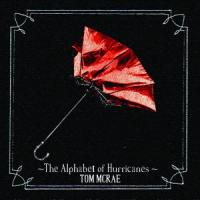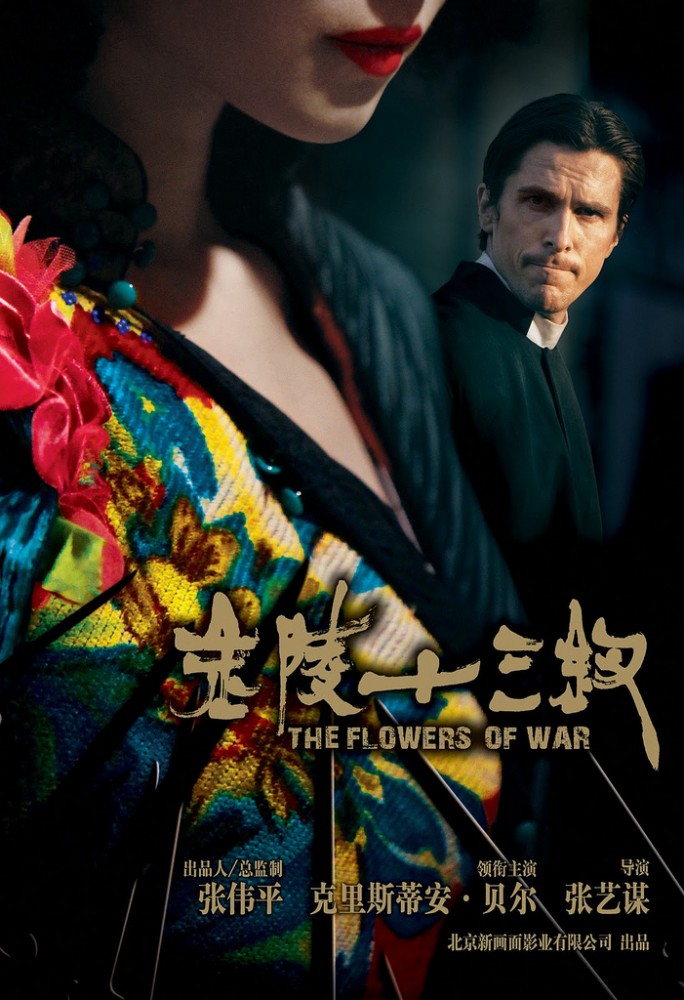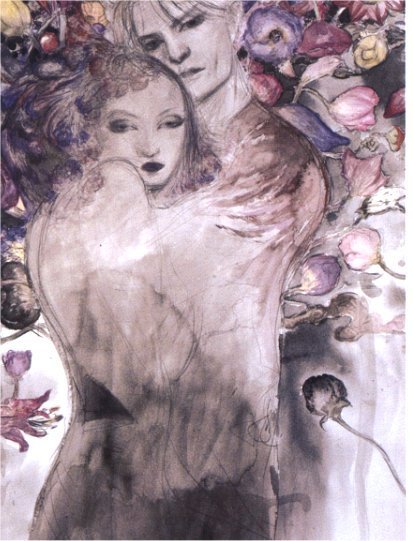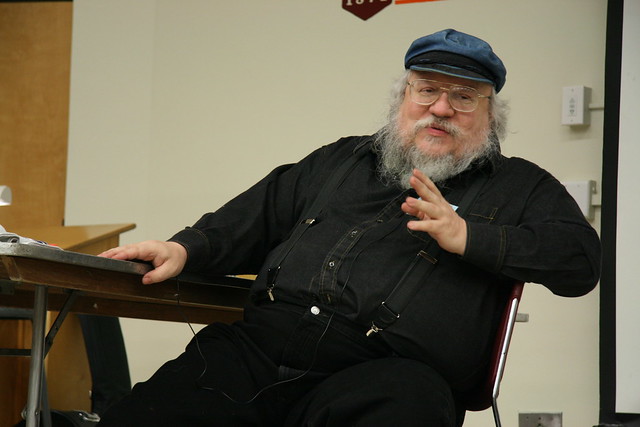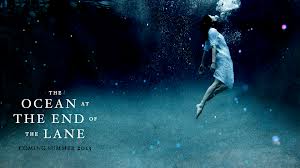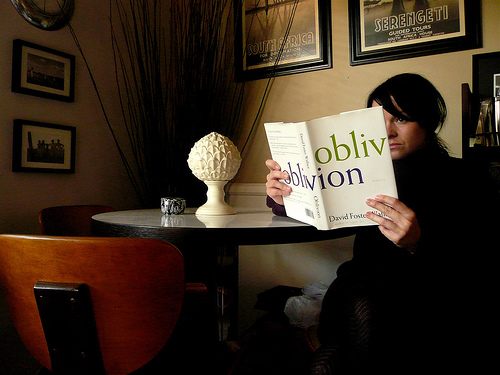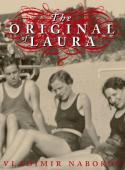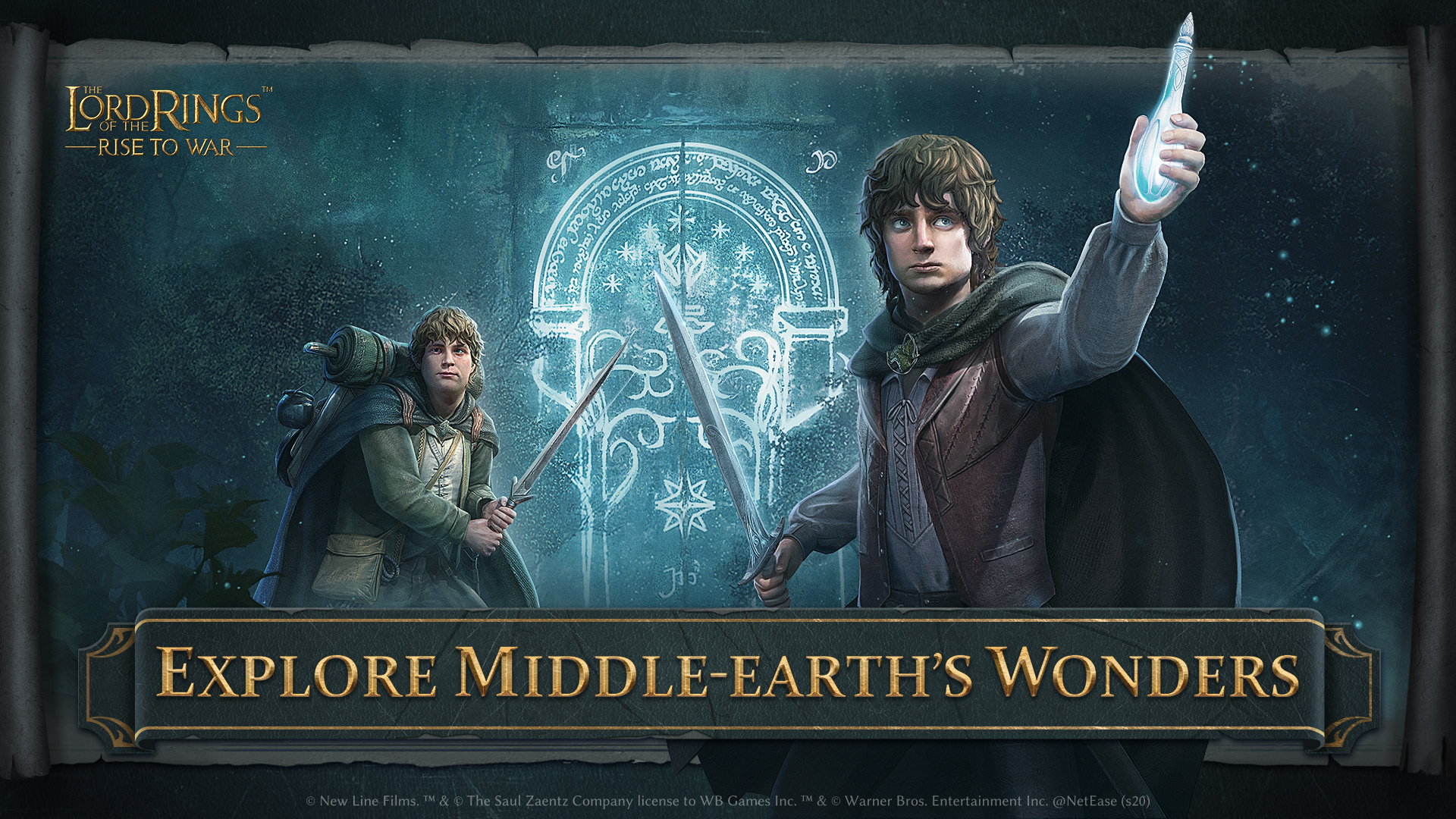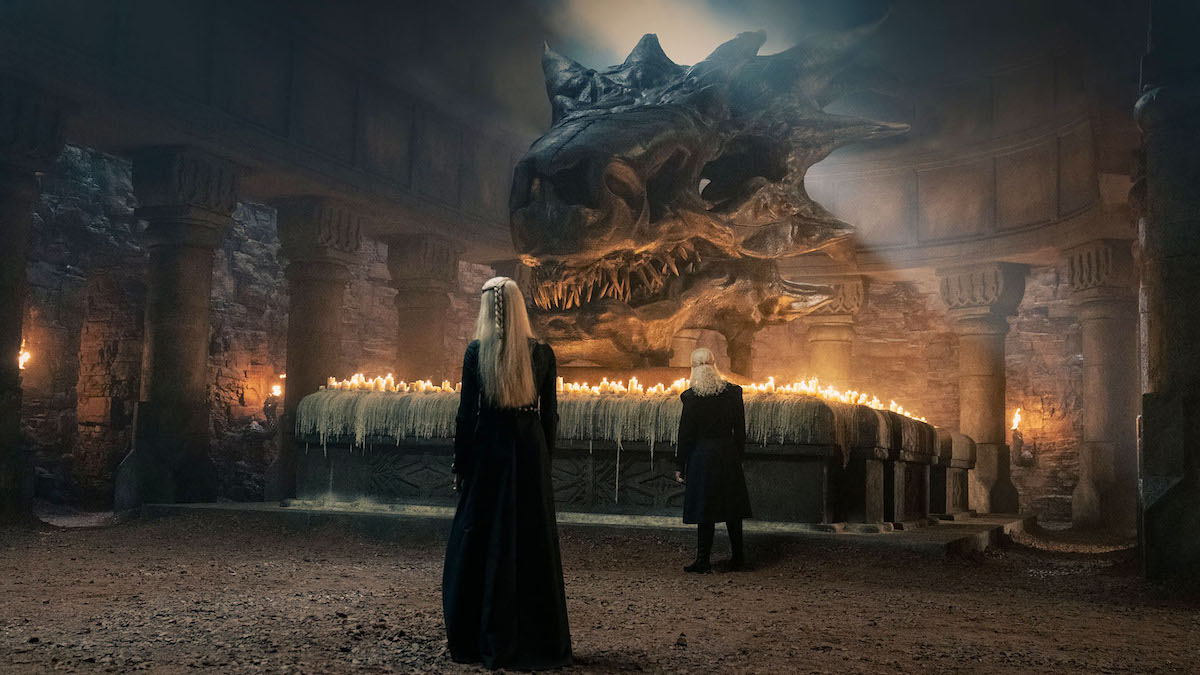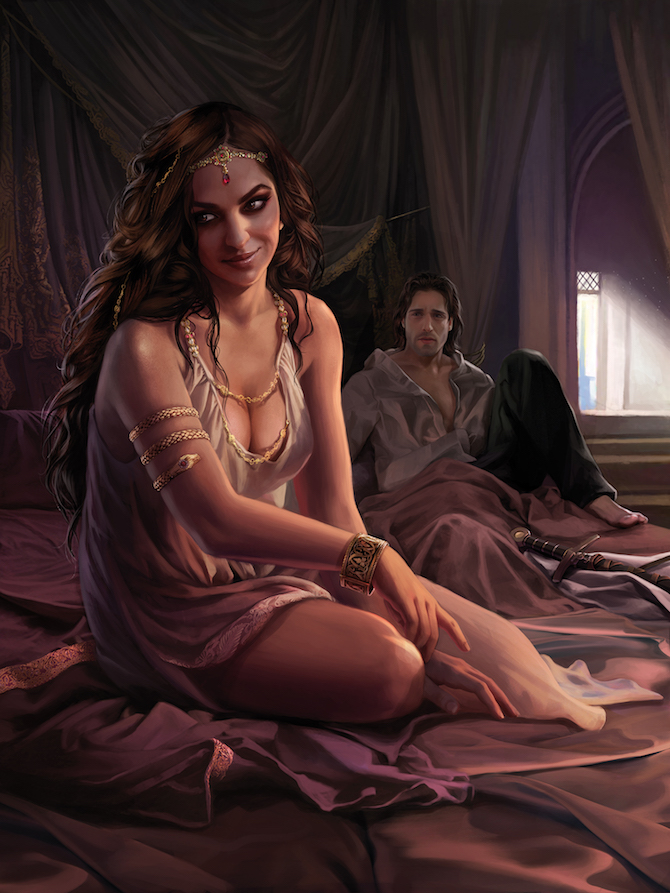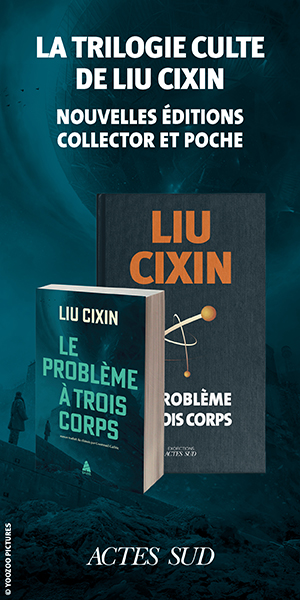«In the Interest of Democracy»
Dossiers

Livres, actualités : tout sur Andrée Chedid
Née le 20 mars 1920 au Caire, en Égypte, sous le nom Andrée Saab, Andrée Chedid y mène ses études, apprenant le français et l'anglais, et utilisant de manière ponctuelle l'arabe. Avec son mari Louis Selim Chedid, qu'elle épouse en 1942, elle part au Liban l'année suivante, où elle publie son premier recueil poétique, On the Trails of My Fancy, sous le pseudonyme A. Lake.

En série ou en film, les adaptations de livres crèvent l'écran
Le Parrain, Les Dents de la mer, Raisons et sentiments, Le Seigneur des Anneaux, la saga Harry Potter, Le Nom de la Rose, Orange mécanique, Vol au-dessus d'un nid de coucou, Le Guépard, Lettre d'une inconnue... Tous ces films ont un point commun, celui d'être des adaptations de romans ou de sagas littéraires...

Game of Thrones, des livres de George R.R. Martin à la série HBO
Né en 1948 aux États-Unis, George R.R. Martin écrit au départ pour créer de nouvelles histoires mettant en scène les super-héros Marvel, puis pour tuer le temps, alors qu'il peine à trouver un emploi dans le secteur du journalisme. Petit à petit, il devient un auteur confirmé de nouvelles de science-fiction. Après avoir commencé une carrière comme scénariste de séries télévisées, il commence, au début des années 1990, à rédiger une saga de type fantasy, intitulée A Song of Ice and Fire et traduite en français sous le titre Le Trône de Fer.
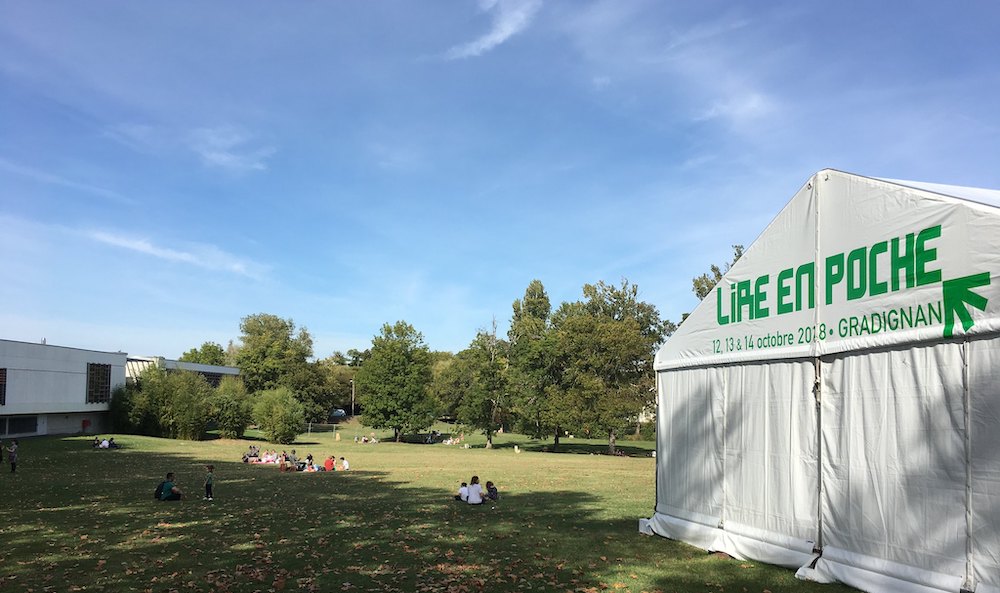
Lire en Poche 2022 : Un autre monde
Rendez-vous incontournable de la rentrée littéraire, Lire en Poche, organisé par la ville de Gradignan, accueille près de 27.000 visiteurs et plus de 100 auteurs, dont un tiers d’auteurs jeunesse qui rencontre son public également dans le cadre scolaire. L'édition 2022 se déroule du 7 au 9 octobre.

Nos amies les bêtes : les animaux dans la littérature
Depuis l’intérêt des Mésopotamiens dans des récits mythologiques aux premières fables d’Ésope, nos amies les bêtes occupent une place particulière. Tout à la fois créatures choyées et craintes, compagnons ou ennemis, elles bénéficient d’une affection particulière chez les écrivains. Et loin de ce que l'on imaginerait, pas uniquement en littérature jeunesse.

Le trône de fer : les livres de la saga A Song of Ice and Fire de George RR Martin
Le trône de fer est une immense saga d’héroïque fantasy qui s’inspire de la série des Rois maudits de Maurice Druon. C’est au début des années 1990 que Georges R.R. Martin commence à écrire Le trône de fer, le premier volume est publié en 1996. En 2007, la chaine de télévision HBO acquiert les droits d’adaptations. L’auteur lui-même participe à sa production et écrit le scénario d’un épisode par saison.
Extraits
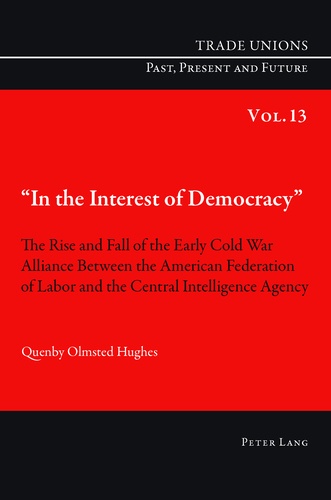
Non classé
«In the Interest of Democracy»
07/2011
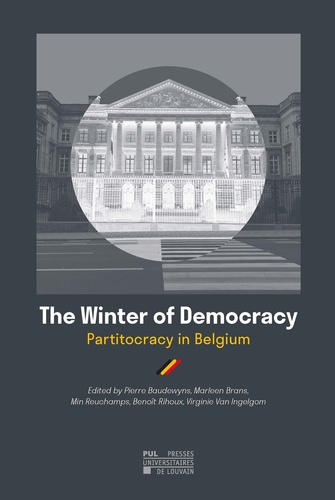
Droit
The Winter of Democracy. Partitocracy in Belgium
06/2022
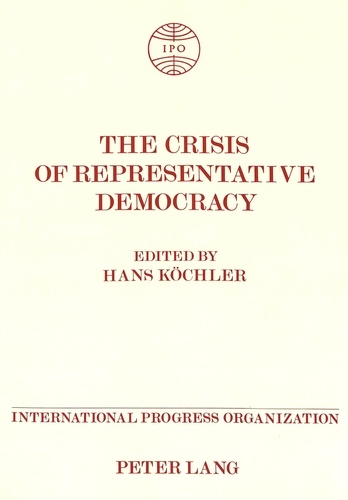
Sciences politiques
The Crisis of Representative Democracy
12/1987
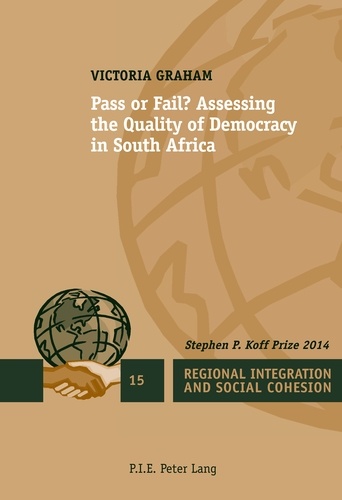
Sciences politiques
Pass or Fail?. Assessing the Quality of Democracy in South Africa
09/1991
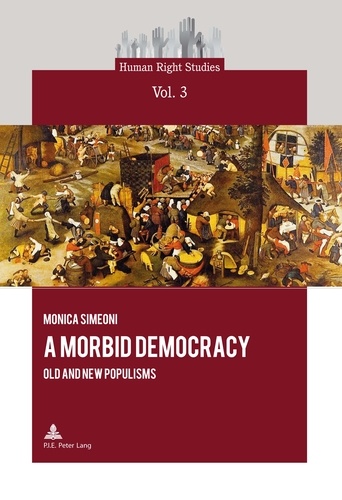
Sciences politiques
A Morbid Democracy. Old and New Populisms
09/1987
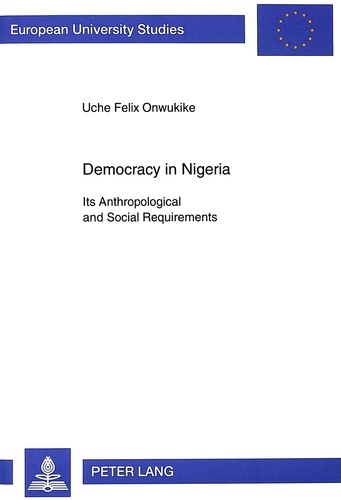
Non classé
Democracy in Nigeria
07/1997

